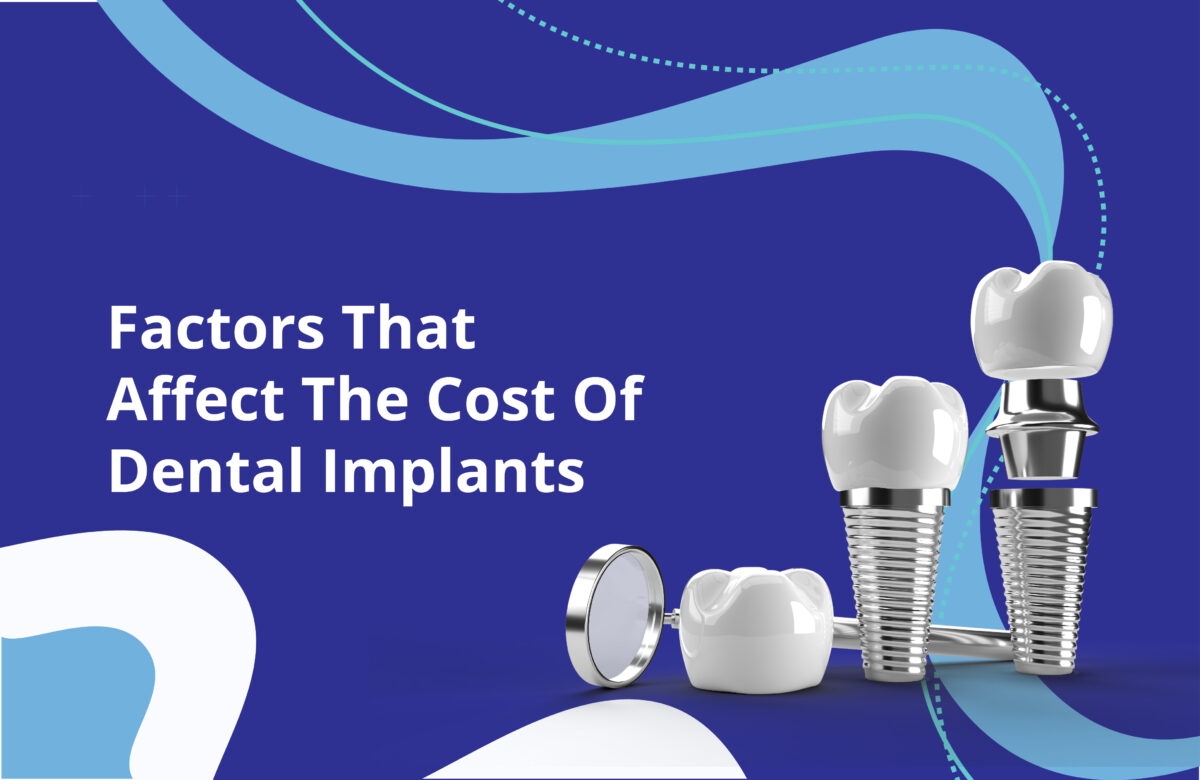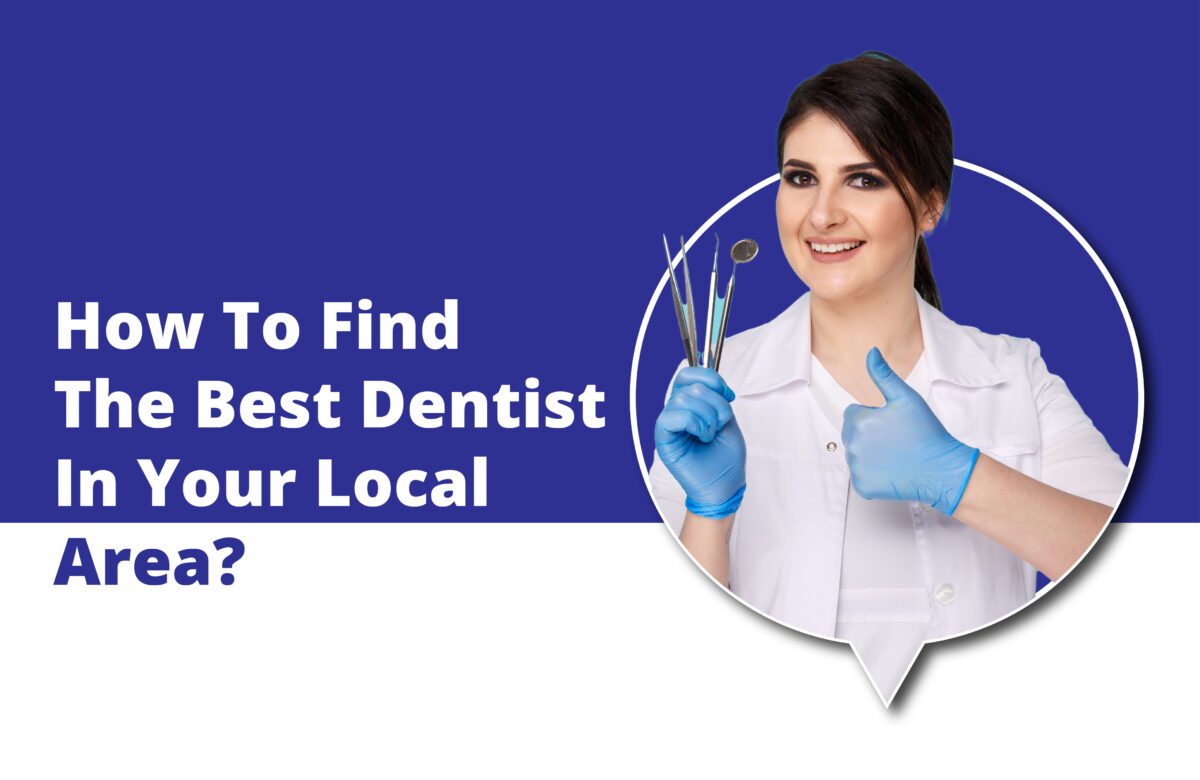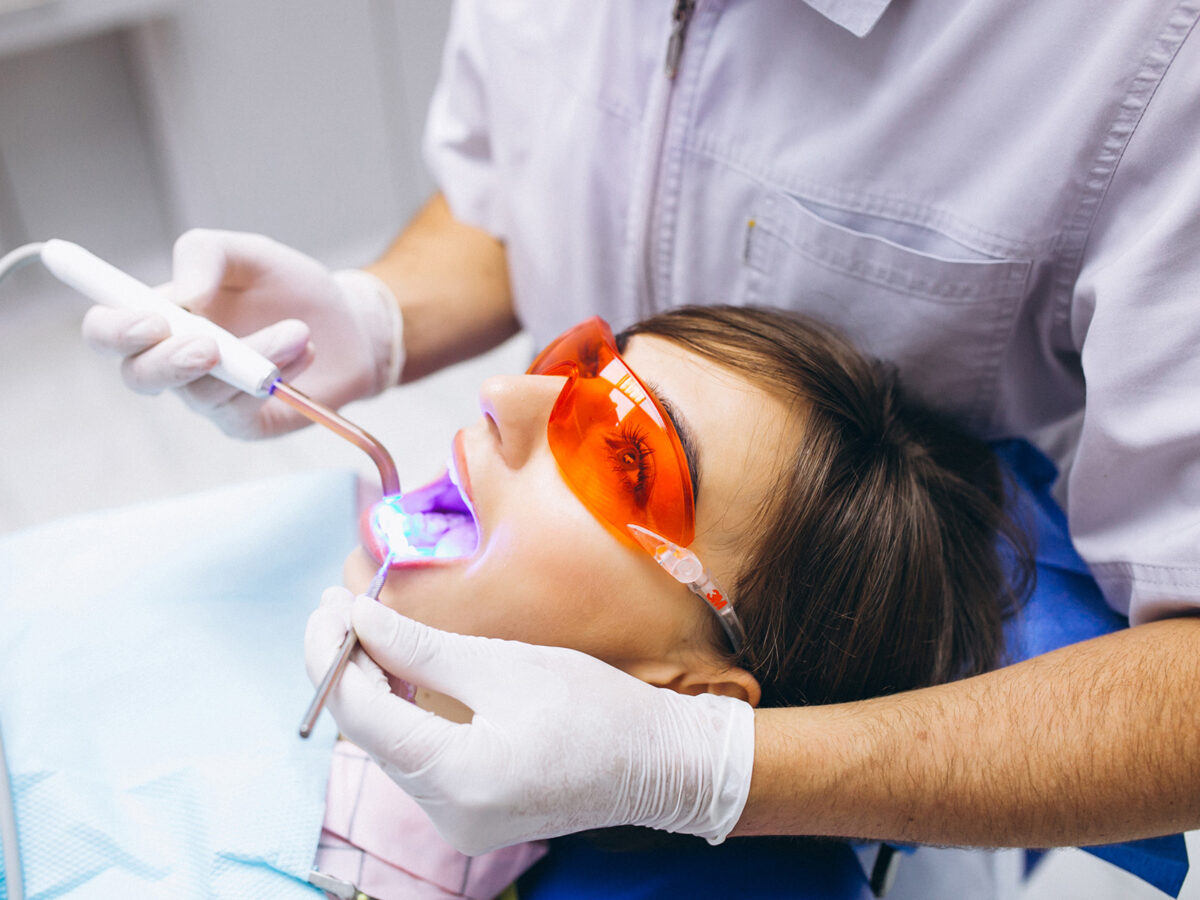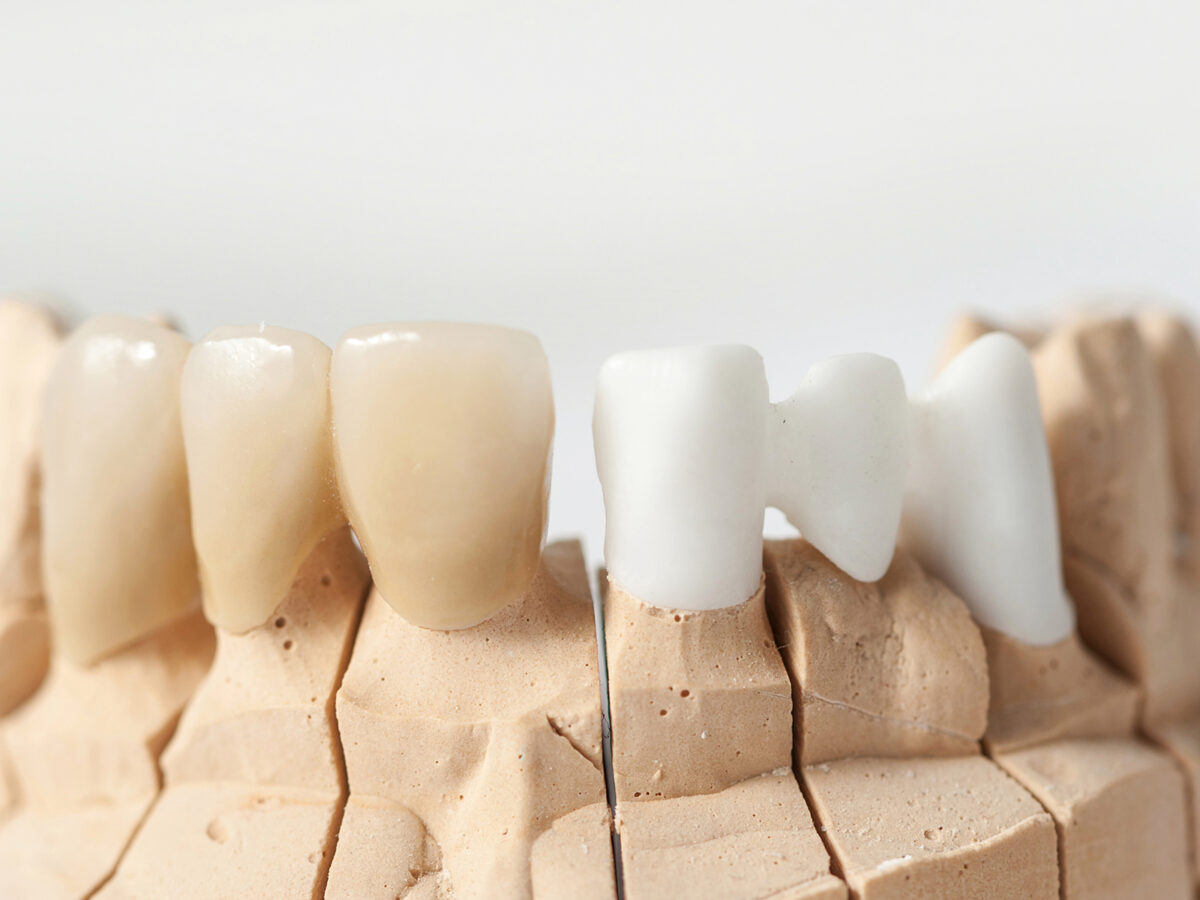In recent years, dental implants have revolutionized modern dentistry by providing a durable, natural-looking solution for replacing missing teeth. However, the cost of dental implants can vary significantly based on various factors. If you’re considering dental implants in Crosby, TX, it’s essential to understand what influences the cost of this life-changing procedure. In this article, we’ll explore the key factors that affect the dental implant cost in Crosby, TX, and guide you in making an informed decision.
Reasons Affecting Dental Implants Cost
There are several reasons that could affect the cost of implants, starting from the material to the placement. Let us see some of the common reasons for the same:
1. Dental Implant Material
One of the primary factors influencing the cost of dental implants is the material used. It is usually titanium or zirconia that is used for dental implants. While titanium implants are more commonly used due to their durability and biocompatibility, zirconia implants are an alternative for individuals with specific allergies or aesthetic concerns. Titanium implants are more cost-effective, making them a popular choice for many patients.
2. Number of Implants
The number of dental implants you require will naturally impact the overall cost. If you need a single tooth replacement, the cost will be lower than if you need multiple implants to support a bridge or denture. Your dentist will assess your specific needs and provide a treatment plan tailored to your situation.
3. Bone Density and Quality
The quality and density of your jawbone play a crucial role in determining the cost of dental implants. Additional procedures like bone grafting or sinus lifts may be necessary if you have insufficient bone volume or density to support an implant. These procedures can increase the overall cost of your implant treatment.
4. Location of the Implant
The location of the dental implant in your mouth can also affect the cost. Implants placed in the front (anterior) of the mouth, which are more visible when you smile, often require more precision and customization, potentially increasing the cost compared to implants placed in the back (posterior) of the mouth.
5. Dental Implant Specialist
The choice of a dental implant specialist in Crosby, TX, can influence the cost of the procedure. Experienced specialists like the ones at Crosby Family Dental, who have a proven record, may charge a little more than less specialized clinics at Coorsby but offer a higher level of expertise, reducing the risk of complications and ensuring the success of your implant.
6. Additional Procedures
Patients may sometimes require additional procedures before or after implant placement, such as tooth extractions, periodontal treatment, or customized abutments. These procedures can add to the overall cost of your dental implant treatment.
7. Dental Insurance
Dental insurance coverage for implants varies widely, and some plans may not cover implant procedures at all. It’s essential to check with your insurance provider to understand what portion of the cost, if any, will be covered. Additionally, some offices and dental implant specialists in Crosby, TX, offer financing options to help patients manage the expense of dental implants.
Conclusion
The dental implant cost in Crosby, TX is influenced by multiple factors, including the choice of implant material, the number of implants required, bone quality, the location of the implant, the expertise of the dental implant specialist, additional procedures, and dental insurance coverage. To get an accurate estimate for your dental implant treatment, it’s crucial to consult with a qualified dental implant specialist in Crosby, TX.
When searching for a dental implant specialist in Crosby, TX, consider seeking recommendations, reading reviews, and scheduling consultations to discuss your needs and budget. By understanding the factors that affect the cost of dental implants and making an informed decision, you can restore your smile and oral function with confidence.





